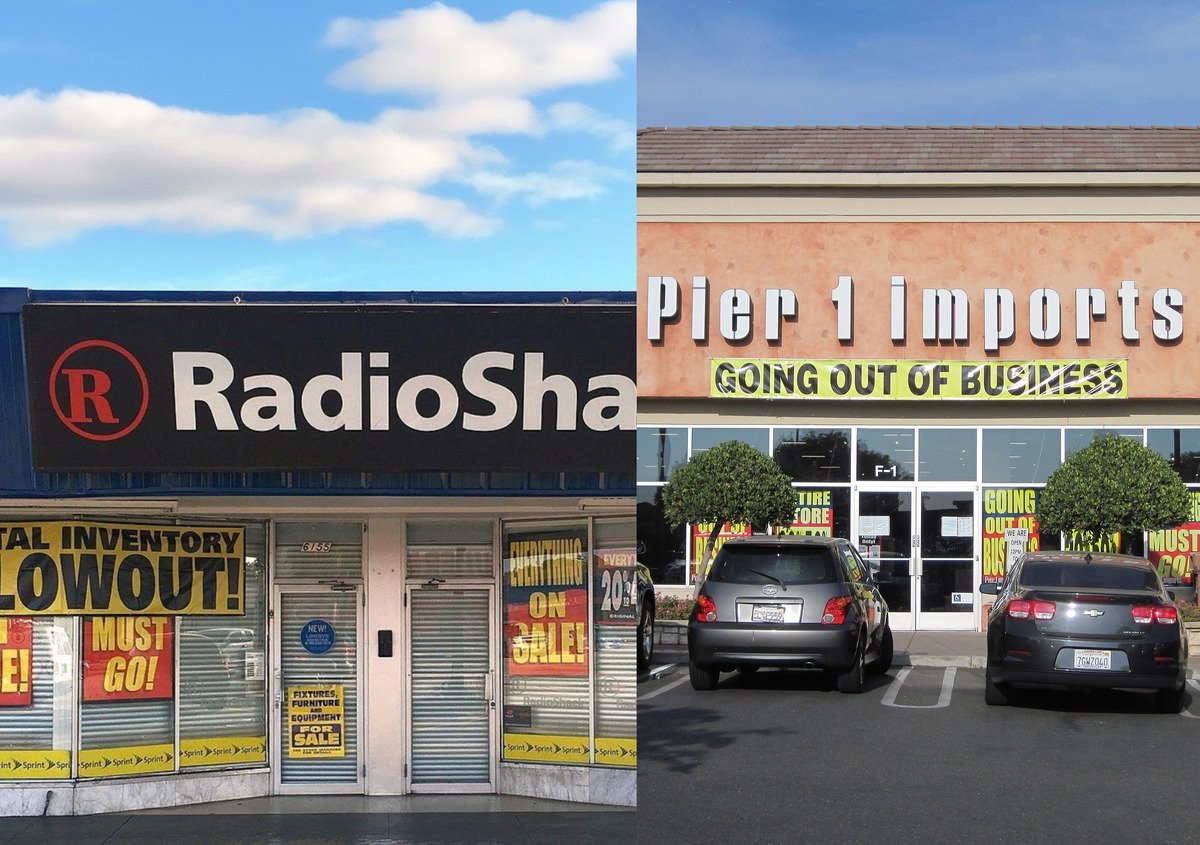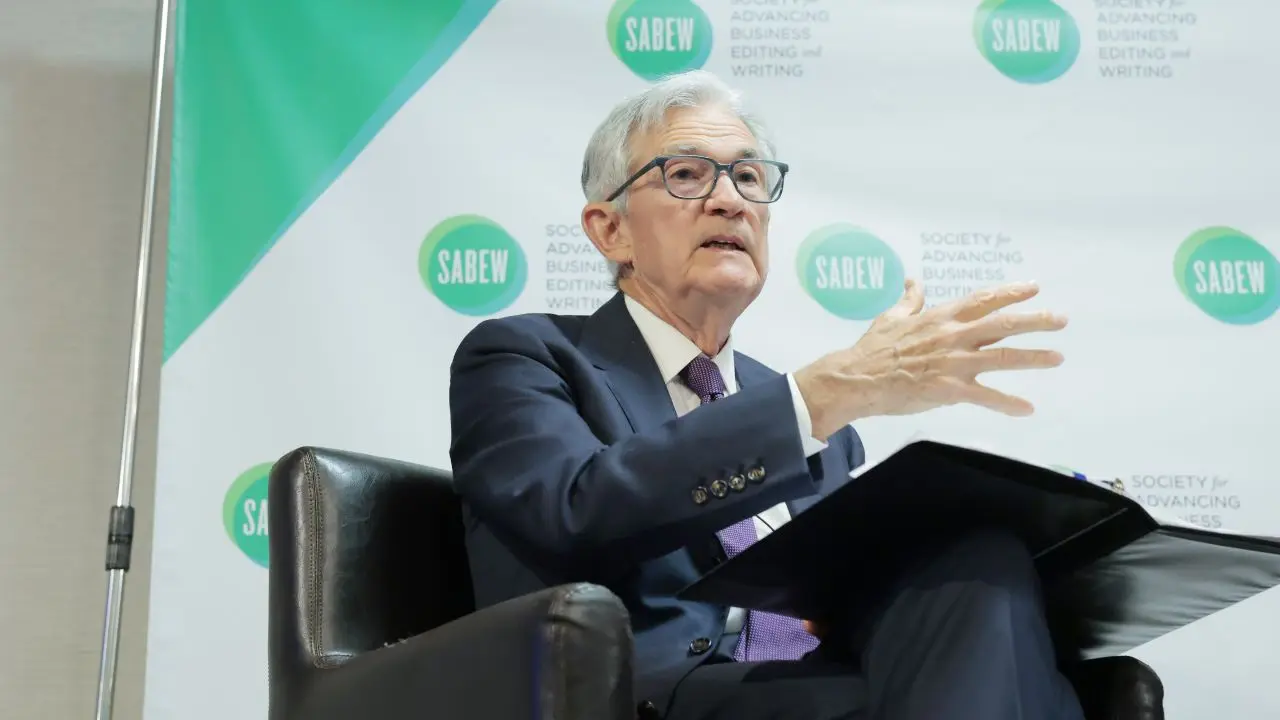Alleged $112M Miami Ponzi Exploited RadioShack, Pier 1 Bankruptcies of Boston, Bay Area Brands
By Eileen Vargas
Copyright hoodline

The entrepreneurial dream of reviving iconic American retail brands has turned into a $112 million nightmare for hundreds of investors, after federal regulators accused the buyers of RadioShack, Pier 1 Imports, and other bankrupt chains of running an elaborate Ponzi scheme from their Miami headquarters.
The Securities and Exchange Commission filed charges Monday against Alex Mehr and Tai Lopez, co-founders of Retail Ecommerce Ventures (REV), along with Chief Operating Officer Maya Burkenroad. The Miami Beach-based company had promised to transform distressed retail giants into thriving e-commerce success stories, but none of the acquired brands ever turned a profit.
From Iconic Origins to Federal Charges
The scheme’s targets included some of America’s most beloved retail brands with deep geographic roots. RadioShack was founded in 1921 by brothers Theodore and Milton Deutschmann in downtown Boston as a small ham radio shop serving maritime radio officers and amateur radio enthusiasts. Similarly, Pier 1 Imports started in 1962 in San Mateo, California, when Charles Tandy and Luther Henderson provided financing to help a rattan furniture importer liquidate inventory, according to FundingUniverse.
These storied brands, with their Boston and Bay Area origins, eventually fell victim to what the SEC alleges was a sophisticated investment fraud. Lopez, once famous for his “Here in My Garage” YouTube ads, partnered with Mehr, the former Zoosk co-founder who sold the dating app for $298 million. Together, they built REV around a compelling narrative: rescuing beloved brands from bankruptcy and giving them new life online, as reported by Bloomberg.
Texas Connection in a Pattern of Ponzi Schemes
The REV case emerges against a backdrop of increasing Ponzi scheme prosecutions across Texas, particularly in the Dallas-Fort Worth region. Earlier this year, according to the SEC, the agency charged three DFW residents—Kenneth Alexander II of Fort Worth, Robert Welsh of Frisco, and Caedrynn Conner of Heath—with operating a separate $91 million Ponzi scheme through their Vanguard Holdings Group.
The SEC’s Fort Worth Regional Office has been particularly active in pursuing investment fraud cases, also recently charging 17 individuals in a $300 million cryptocurrency Ponzi scheme targeting Latino communities, as reported by the SEC.
The Anatomy of the Alleged Scheme
According to the SEC complaint filed in the Southern District of Florida, REV raised approximately $112 million by selling two types of investments: unsecured notes promising returns up to 25% annually, and ownership shares offering monthly payouts as high as 2%. Between 2020 and 2022, Mehr and Lopez made material misrepresentations to hundreds of investors about the bankrupt retailers they had acquired, according to CBS News.
To entice individuals to invest, they claimed their portfolio companies were “on fire” and that “cash flow is strong.” They also told prospective backers that money raised for a company would only be invested in that specific firm. “Contrary to these representations, while some of the REV Retailer Brands generated revenue, none generated any profits,” the SEC complaint states, as reported by Fox Business.
At least $5.9 million in investor returns were allegedly Ponzi-style payments funded by other investors rather than legitimate business profits. According to Bloomberg, the SEC also claims Mehr and Lopez misappropriated approximately $16.1 million in investor funds for personal use.
Fabricated Credentials and Family Connections
The complaint also targets REV’s Chief Operating Officer Maya Burkenroad, Lopez’s cousin, whom the company described as having “over 10 years of experience managing multi-million-dollar companies.” But the SEC claims Lopez and Mehr misrepresented her experience—before joining REV, she had worked as a substitute preschool teacher, a promoter at a radio station, and as an assistant to Lopez at a prior endeavor, according to CBS News.
Whistleblowers and the Unraveling
The scheme began unraveling when former REV employees contacted the SEC in 2023. By that time, REV faced bankruptcy as creditors foreclosed on assets. The company’s portfolio of retail brands was transferred to a new entity, Omni Retail Enterprises, effectively removing Lopez, Mehr, and Burkenroad from control of the assets they had used to attract investors.
RadioShack’s current ownership has changed hands multiple times since REV’s bankruptcy. According to CBS News, Unicomer Group acquired RadioShack in 2023 and relaunched it as an e-commerce platform in 2024, completely unconnected to the alleged fraud scheme.
Legal Implications and Broader Industry Impact
The SEC seeks civil penalties, disgorgement of ill-gotten gains, and permanent injunctions barring the defendants from serving as officers or directors of public companies. While the current complaint focuses on civil violations, the substantial investor losses and alleged misuse of funds could potentially trigger criminal referrals to federal prosecutors.
The case highlights the risks inherent in the “distressed retail revival” investment model that gained popularity during the pandemic. While some legitimate companies have successfully acquired and digitized bankrupt retail brands, the REV case demonstrates how the complexity of these transactions can obscure fraudulent activity from investors.
From Coast to Coast: A National Impact Story
The irony of this case extends beyond the financial fraud to the geographic symbolism. RadioShack’s Boston roots represented the entrepreneurial spirit of early 20th-century America, while Pier 1’s San Mateo origins embodied the California dream of importing global treasures. Both brands eventually moved their headquarters to Texas—creating a retail legacy that REV exploited for fraudulent purposes.
This story continues to develop as federal prosecutors in Texas and Florida increasingly coordinate efforts to combat sophisticated investment fraud schemes that often span multiple states and prey on retail investors through social media marketing campaigns. The charges come at a particularly relevant time as retail investment fraud cases surge nationwide, with the collapse of traditional retail during the pandemic creating opportunities for both legitimate business ventures and fraudulent schemes targeting investors eager to capitalize on digital transformation trends.



